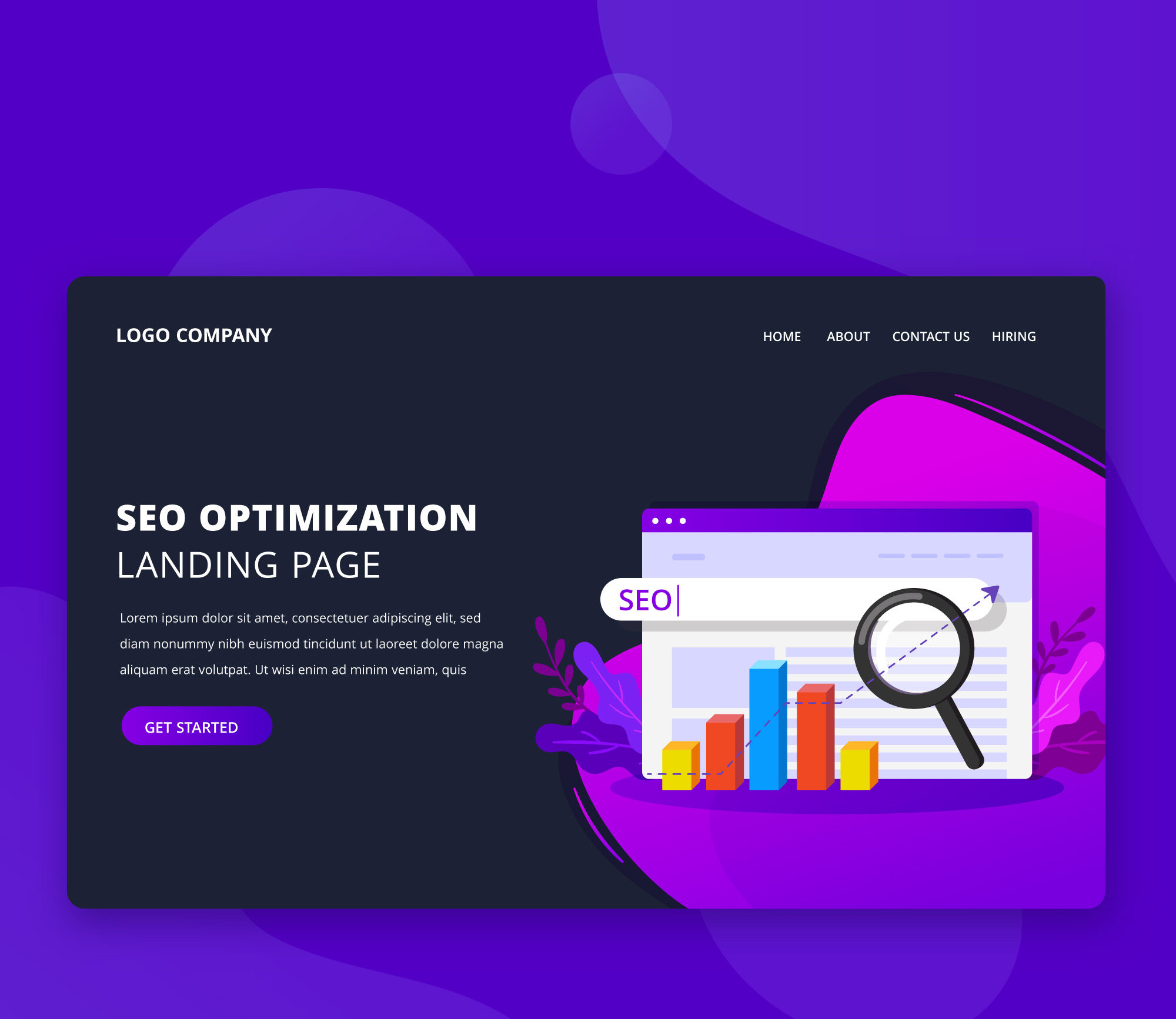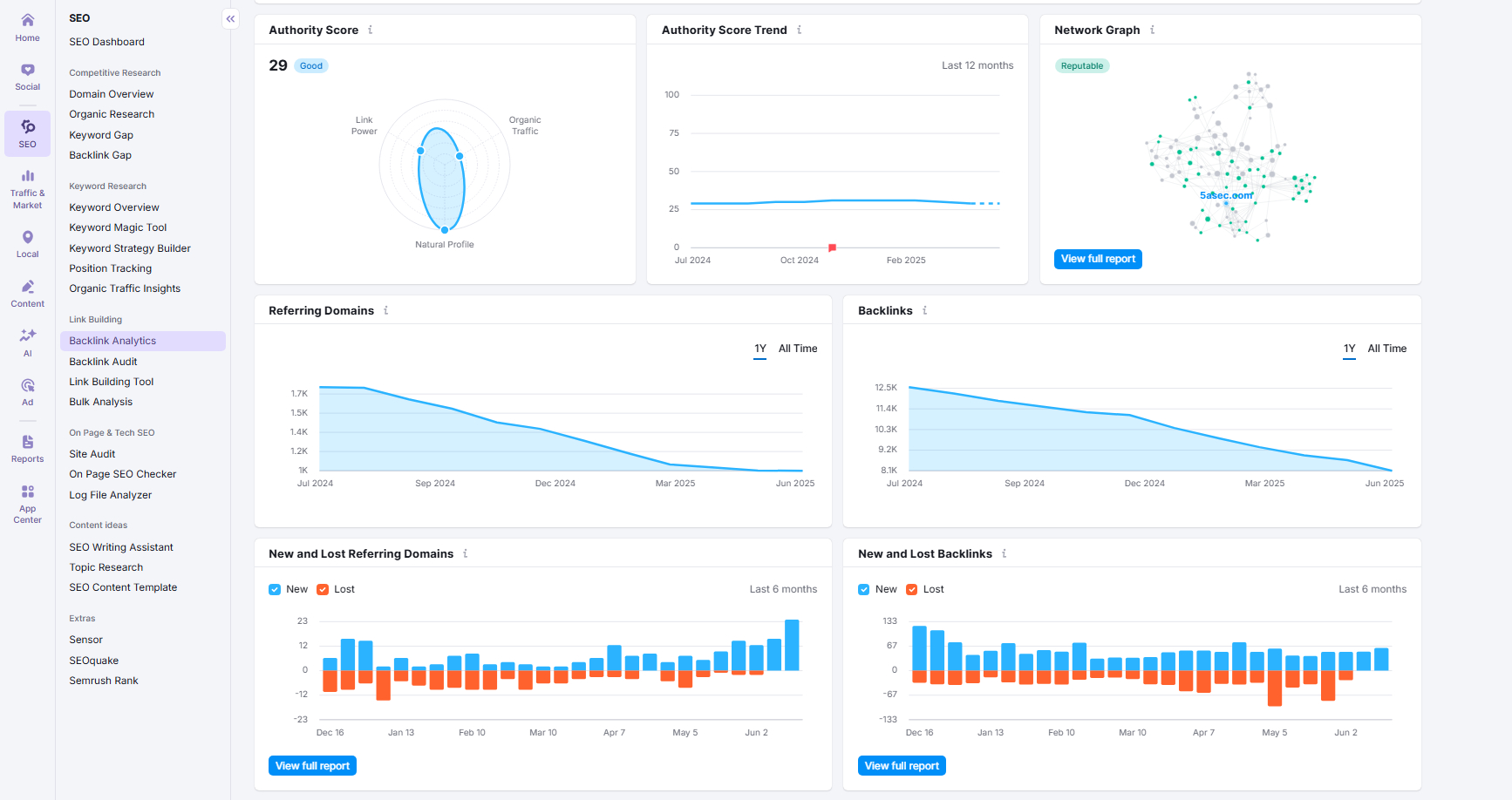Search Engine Optimization (SEO) has two main components that work together to improve your website’s visibility: On-Page SEO and Off-Page SEO. Understanding the difference between On-Page SEO vs. Off-Page SEO is crucial for building a successful online presence.
On-Page SEO refers to all the optimization techniques you apply directly to your website. These are elements you have complete control over and can modify anytime. Think of it as decorating and organizing your house to make it more appealing to visitors. Many businesses working with SEO services in Blackpool focus heavily on link building because it’s one of the most effective ways to compete in crowded markets. Off-Page SEO involves activities performed outside your website to improve its authority and trustworthiness. These signals tell search engines that other websites and users find your content valuable. It’s like having other people recommend your business to their friends. Both SEO strategies are essential, but your approach should depend on your current situation: Begin with On-Page SEO if you’re new to SEO or have a newly launched website. Perfect your content, site structure, and technical elements before focusing heavily on off-page activities. Successful SEO requires both strategies working together. Strong on-page optimization makes your content worthy of external links, while quality backlinks signal to search engines that your well-optimized content deserves higher rankings. Think of on-page SEO as building a solid foundation, and off-page SEO as the reputation that brings people to visit. Without a good foundation, even the best reputation won’t convert visitors. Without a reputation, even the most optimized content might remain invisible. Focus on creating genuinely helpful content, optimize it properly for search engines, and then work on building relationships and earning recognition from others in your industry. This balanced approach will deliver the best long-term results for your website’s search engine visibility. Moiz Banoori is a seasoned Digital Marketing professional with over eight years of expertise in content creation and digital journalism. At REDLUMB, he spearheads teams to craft impactful SEO strategies that drive online growth and visibility. With a background in journalism, Moiz leverages his expertise in digital marketing to develop effective strategies that boost online visibility and help clients achieve their goals.
Comparison Table
Aspect On-Page SEO Off-Page SEO
Definition Optimization done directly on your website Optimization done outside your website
Control Full control – you can edit and improve anytime Limited control – depends on other websites and external signals
Primary Goal Improve content quality, user experience, and technical structure Build authority, credibility, and brand recognition
Main Activities Content creation, keyword usage, title/meta tags, headers, internal links, speed Link building, social media, reviews, citations, guest posting, brand mentions
Key Elements - Content & keywords
- Title tags & meta descriptions
- Headers (H1–H3)
- URL structure
- Internal linking
- Mobile optimization & page speed- Backlink building
- Social media engagement
- Online reviews
- Guest posts
- Brand mentions
Technical Involvement High – involves coding, design, and site structure Low – mostly about networking and outreach
Effect on Search Rankings Direct – improves indexability and relevance Indirect – boosts authority and trustworthiness
When to Focus Best for new websites or those with poor structure/content Ideal when on-page SEO is already optimized but rankings are still low
Analogy Like organizing your home to be inviting and accessible Like getting others to recommend your home to increase visitors
Long-Term Strategy Foundation for sustained visibility Reinforcement for better ranking power and competitive positioning
Best Results When Used together for a balanced SEO approach Used together for a balanced SEO approach
What is On-Page SEO?

Key On-Page SEO Elements
What is Off-Page SEO?
Key Off-Page SEO Elements

Which Strategy Should You Prioritize?





